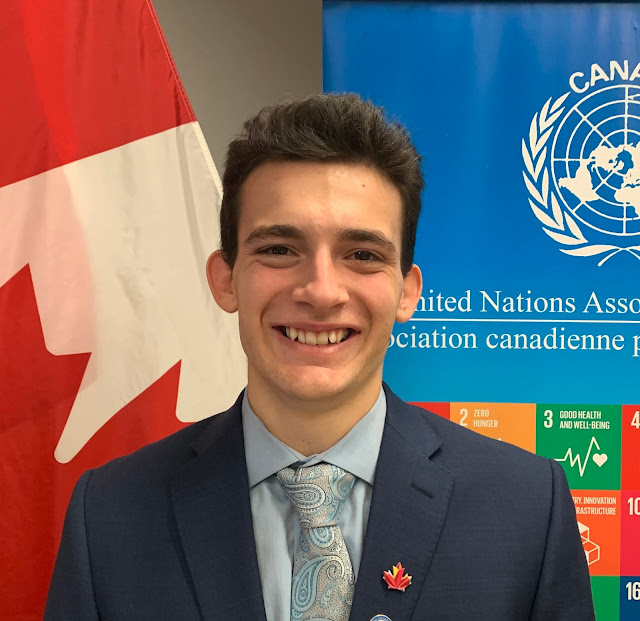Cecile shares her experience in Peru
I was placed in UNICEF Peru as a Communication for
Development (C4D) assistant. During the six months there, I was able to develop my
knowledge about the office’s program areas (namely health, protection,
education, and emergency) and current projects as well as gained a realistic view of the work of an international organization.
My main task involved creating diverse communication materials on water related topics for remote communities located in the Amazonian regions. One of the challenge was to acknowledge the communities’ reality, complexity, and concerns while providing them with an easy-to-understand materials that would help the health promoters, school teachers etc.to inform the population and reduce their bad habits of water treatment, storage, and handling. One could think that providing a clean water tank to an Amazonian village will solve many issues related to the consumption of non-drinkable water (such as diseases). In fact, this is far from being a sustainable solution. For instance, the tank might be profitable to a few households because others are located too far from it and the families will keep taking water directly from the river flowing by their homes instead of walking fifteen minutes while bearing the heat and high degree of humidity. Information and training on the use and maintenance of the water tanks are often not provided, chlorine tabs might not be always available or affordable at the closest health post, buckets and other equipment's used to collect clean water might be contaminated – the list goes on and on. In order to really understand why people from remote Amazonian villages are keeping their bad habits, a dialogue with the local population is needed in order to fully understand the conditions they are living in as well as to identify the barriers to improving their daily life. On this basis more sustainable solutions can be found which will not be rejected by the community. The communication strategy has to involve stakeholders at all levels, from the head of the family to the mayor of the municipality, in order to support, sustain, and monitor good practices. This is an example of the kind of work UNICEF Peru is involved in and that I have been contributing to during my internship.
After a month back in Canada, I already miss Peru’s
exciting and diverse culture! Any Peruvian will praise their country’s food:
you should listen to them! The Mistura festival was definitely a great
experience as I could discover various and surprising dishes from different
regions in Peru (coastal, Andean, or Amazonian). Finding my way into the ‘urban
jungle’ of Lima, taking a ‘combi’ (minibus) or motor-taxi,
attending a Peruvian culinary class, surfing on sand dunes in Huacachina, and observing the incredible biodiversity of the national reserve of the Bellestas
Islands were all unforgettable experiences.




Comments
Post a Comment